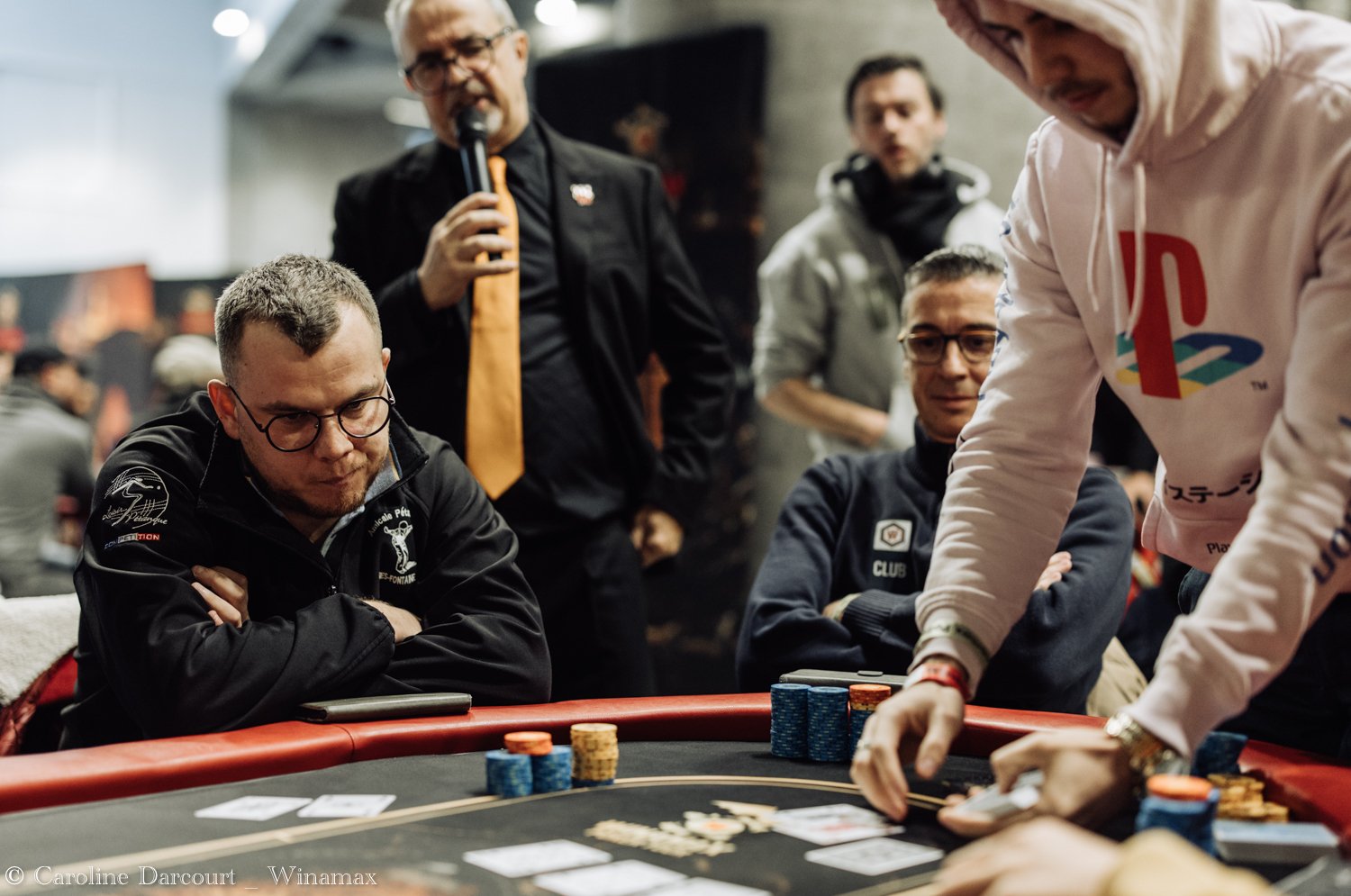
Faced with ongoing legal uncertainty and growing regulatory pressure, the associative poker community is mobilizing. An official petition has just been submitted on the National Assembly website, calling for the long-term protection and legal recognition of this practice, deeply rooted in French social life.
A social, cultural, and sporting model under threat

Associative poker, often played in registered clubs for non-profit purposes and without direct financial stakes, is now in jeopardy. For several months, dozens of clubs have faced administrative closures, legal proceedings, or regulatory intimidation under the pretense of combating illegal gambling. Yet these clubs are neither casinos nor underground betting sites: they are vibrant spaces of structured competition and passion.
The petition, supported by several key figures in the French poker scene — including club presidents, professional players, and local elected officials — demands urgent legislative clarification. The goal? To create a stable and secure legal framework allowing associations to organize poker games in a sporting spirit, without being equated with gambling operators.
Behind this movement lies the entire backbone of amateur poker fighting for its survival. We’re talking about over 100,000 players across France, brought together in hundreds of clubs — often involved in charity events, local initiatives, or structured championships. Associative poker has played a major role in democratizing the game in France, far from the smoky casino image or uncontrolled gambling habits.
The petition’s initiators denounce a vague and inadequate legal framework. As of now, no law clearly defines what constitutes an associative poker tournament. As a result, clubs are left vulnerable to differing interpretations by prefectures, courts, and even local law enforcement. An absurd situation for a sector that has always sought to comply with the law.
The petition, available on the official website of the National Assembly, has already gathered several thousand signatures within a few days. It needs at least 100,000 supporters to be considered by the Assembly’s Conference of Presidents and potentially debated in Parliament. A true democratic battle.
This initiative marks a turning point. Associative poker isn’t asking for privileges, but for recognition and protection — just like any other sports or cultural activity practiced in a voluntary and regulated context.
While France prides itself on supporting community involvement, encouraging social ties and promoting popular culture, it’s time for actions to match the rhetoric. Because beyond the cards, it’s a model of society, sharing, and passion that is at risk of vanishing in silence.
Text of the official petition (https://petitions.assemblee-nationale.fr/initiatives/i-2784)
"Associative poker clubs play an essential role in promoting poker as a mind sport, conveying strong social values, inclusion, and gender equality. Unlike games of chance and money, these clubs offer a structured, responsible, and non-profit environment that helps fight addiction and illegal gambling, while fostering social bonds, friendliness, and accessibility for all.
Yet these structures are now weakened by an inadequate legal framework. Article L.320-1 of the Internal Security Code still assimilates associative poker to gambling, severely limiting their funding methods and jeopardizing their long-term existence. This, despite the fact that these clubs operate similarly to sports or leisure associations — with strict oversight, volunteer management, and no profit motive.
A recent development has further validated their legitimacy: the International Mind Sports Association (IMSA) has officially recognized poker as a mind sport, on par with chess or draughts. This recognition highlights the commitment of clubs to structure the game ethically, responsibly, and transparently.
In coordination with the Central Department for Racing and Gaming (SCCJ), representative organizations such as the French Federation of Associative Poker (FFPA) and the French Poker League have implemented a charter of good practices, ensuring operations that are legal, rigorous, and protective for players.
Despite this, a recent court decision has underscored the ongoing legal uncertainty surrounding the status of associative poker, directly threatening the existence of many clubs across the country.
This is why we are calling for clear, appropriate, and protective legislative changes that would allow associative poker clubs to continue their activities peacefully, within a regulated, responsible, and recognized framework.
By signing this petition, you support an ethical, inclusive, and structured associative poker — and help secure the future of a practice that upholds the values of sportsmanship, volunteerism, and community living."